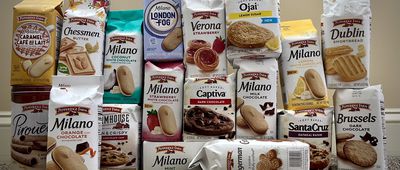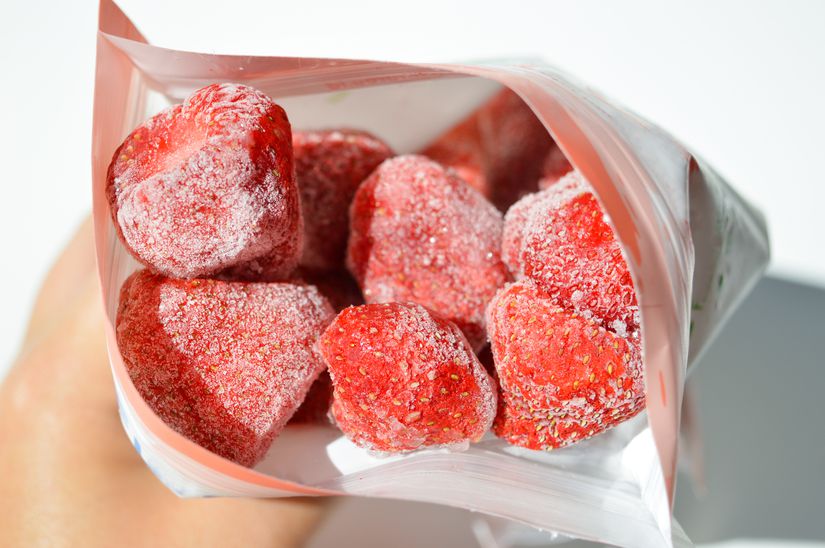Who knows where this lie began? But these days, we’ve all heard it: Frozen food loses nutritional value and is less healthy than fresh food.
In fact, a recent study showed the opposite to be true.
The study analyzed broccoli, cauliflower, corn, green beans, green peas, spinach, blueberries, and strawberries, and found that fresh produce lost vitamins over time in the refrigerator, while in some cases, frozen vegetables better retained their nutritional value.
Because vegetables and fruits deteriorate over a period of a few days, they can lose the vitamins and minerals that make them so healthy. Frozen veggies, on the other hand, stop time in the freezing process, therefore retaining the healthy benefits.
Related: Time-Saving Frozen Foods You Should Never Put in Your Cart



















